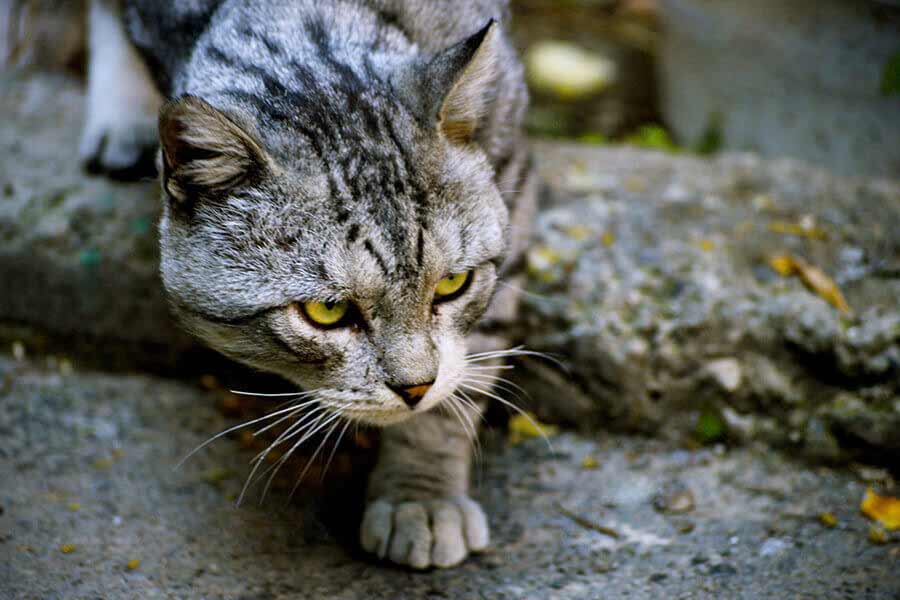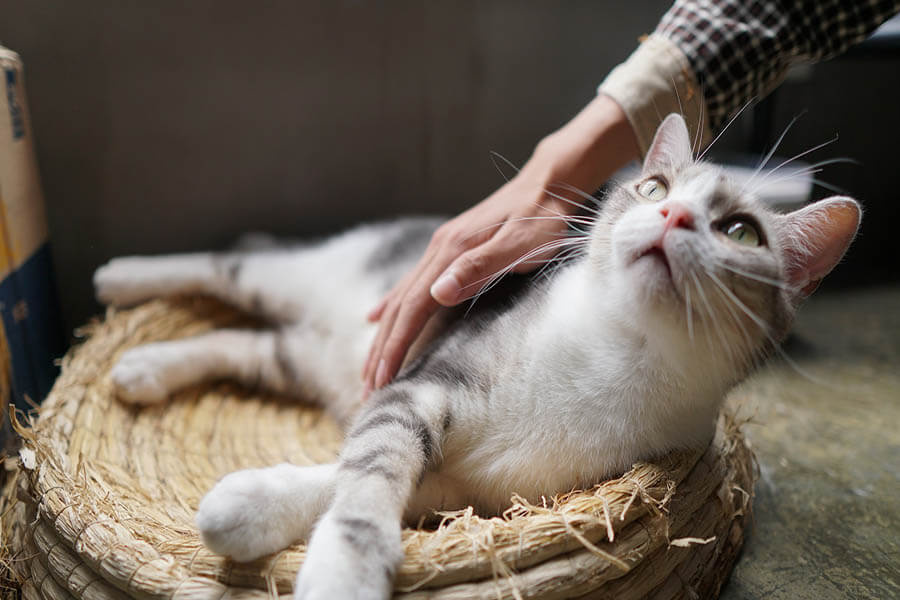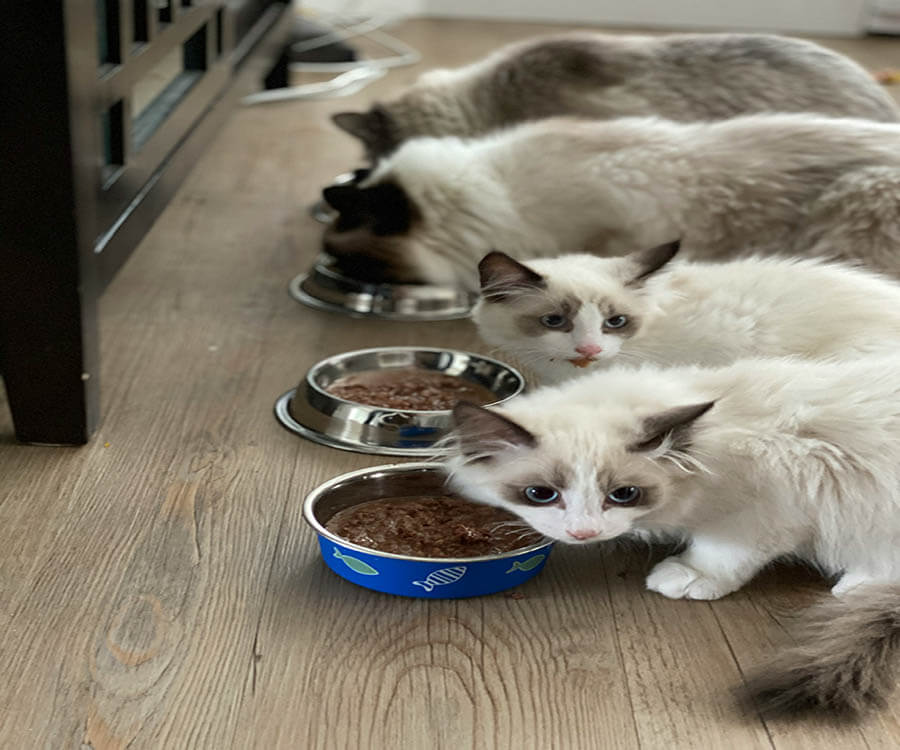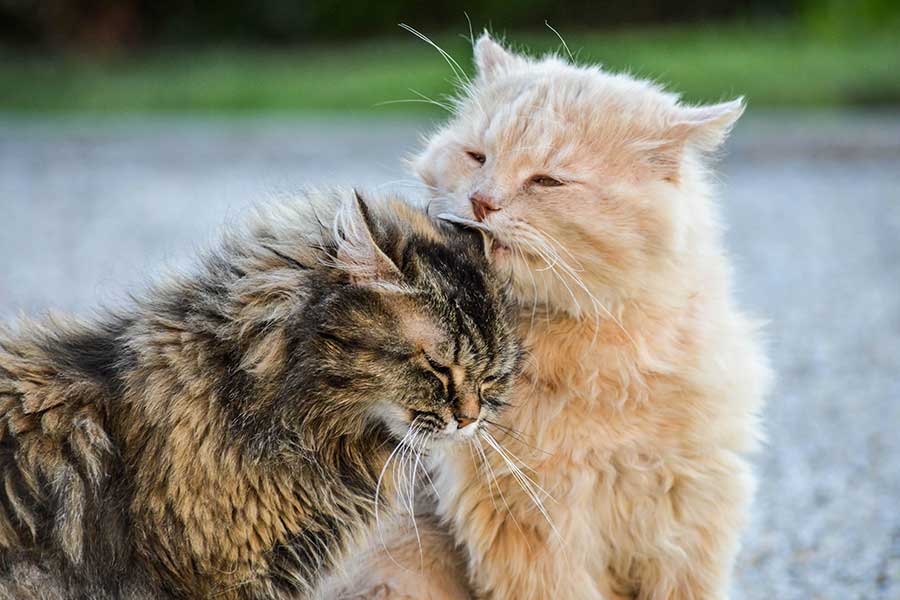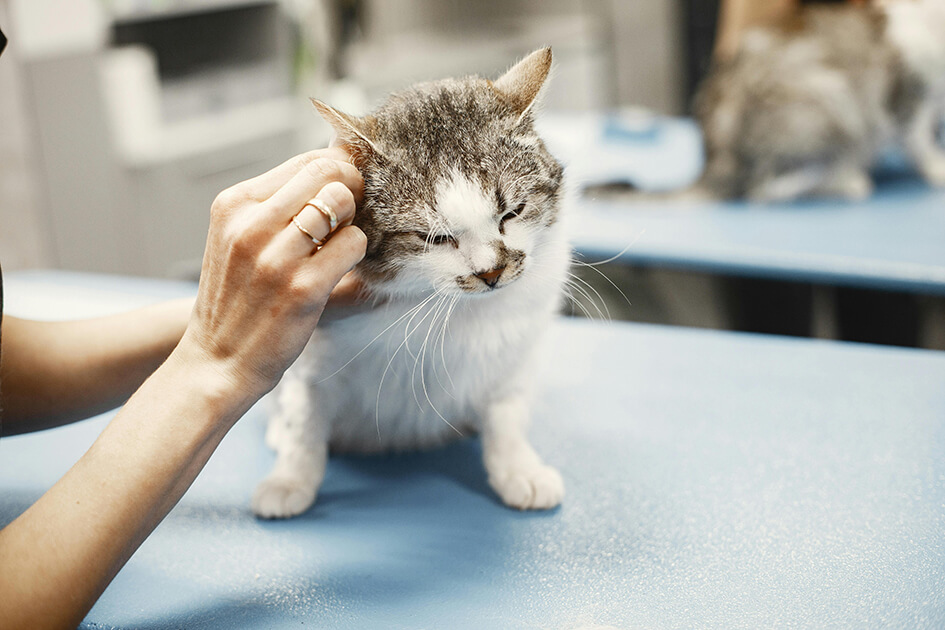Last week, we received a handful of queries asking “Should cats eat tuna fish?”, “What are the potential risks of giving tuna to cats?”, and “How can we safely serve tuna to a cat?”
In response, our expert, Dr. Jawad Ahmed, DVM has crafted this insightful post to address the concerns of our dedicated readers and the general public alike.
Dr. Jawad Ahmad is a highly skilled DVM with expertise in the intricacies of small pet and large animal behavior. Whether it’s treating sick or injured animals, providing routine check-ups and vaccinations, or offering advice and guidance to animal owners, Dr. Jawad is committed to going above and beyond to ensure the best possible care for animals.
Do you know, feeding tuna to cats carries the potential hazard of mercury poisoning?
Tuna is a popular food among humans and pets alike. Its rich, meaty flavor and high protein content make it an appealing choice for many. But, is it safe to serve tuna to cats? This question has been a subject of debate among pet owners and veterinarians for years. Let’s dig out the details to understand the implications of feeding tuna to cats.
Why Cats Shouldn’t Eat Tuna Fish?
- Mercury Poisoning
One of the primary concerns with feeding tuna to cats is the risk of mercury poisoning. Tuna, especially the larger species, are known to have higher levels of mercury compared to other fish. Mercury is a toxic heavy metal that can cause serious health problems in cats, including neurological disorders and kidney damage.
According to the U.S. Environmental Protection Agency, the safe limit for mercury intake in cats is 0.1 micrograms per kilogram of body weight per day. Given that a small can of tuna can contain up to 0.5 micrograms of mercury, it’s easy to see how a cat could quickly exceed this limit if fed tuna regularly.
- Nutritional Imbalance
As I have already mentioned, while tuna is rich in certain nutrients, it doesn’t provide a complete and balanced diet for cats. Feeding your cat a diet primarily composed of tuna can lead to nutritional deficiencies over time. For example, a deficiency in the essential amino acid taurine can lead to serious health problems in cats, including heart disease and blindness.
In addition, tuna is low in certain vitamins, such as Vitamin E, which can lead to a condition called Steatitis, also known as yellow fat disease. This is a painful condition that causes inflammation of the body’s fat tissue.
How to Safely Serve Tuna to Cats
- Limit the Amount
The key to safely feeding tuna to cats is moderation. Tuna should not make up the majority of your cat’s diet. Instead, it should be offered as an occasional treat or supplement to a balanced cat food diet. As a general rule, tuna (or any fish for that matter) should make up no more than 10% of your cat’s total diet.
- Choose Low-Mercury Tuna
When choosing tuna for your cat, opt for varieties that are low in mercury. Light tuna, for example, tends to have lower mercury levels than albacore or bigeye tuna. Additionally, smaller, younger fish generally have less mercury than larger, older fish.
- Ensure a Balanced Diet
It’s important to ensure that your cat is receiving a balanced diet that meets all their nutritional needs. This means feeding them high-quality commercial cat food that is formulated to provide the right blend of nutrients. If you choose to supplement with tuna, make sure it’s just that – a supplement, not a replacement for their regular food.
Let’s Wrap it Up!
While tuna can be a tasty treat for cats, it’s important to feed it in moderation and as part of a balanced diet. The risks associated with mercury poisoning and nutritional imbalances make it unsuitable as a staple food for cats. However, when served responsibly, it can be a safe and enjoyable addition to your cat’s diet.
As always, if you have any concerns about your cat’s diet or health, it’s best to consult with a veterinarian. They can provide personalized advice based on your cat’s specific needs and health status. Dr. Jawad Ahmed Dr. Jawad Ahmad is a highly skilled DVM with expertise in the intricacies of small pet and large animal behavior. Whether it’s treating sick or injured animals, providing routine check-ups and vaccinations, or offering advice and guidance to animal owners, Dr. Jawad is committed to going above and beyond to ensure the best possible care for animals.
DVM | Expert in pet behavior
He has experience working with different organizations like the Tahira Animal Welfare Foundation, Todd’s Welfare Organization, and the Poultry Diagnostic Lab. He has more than 20 publications in peer-reviewed journals and achieved 5th position in an international paper competition organized by the University of Brawijaya. His vision is to enlighten and empower pet enthusiasts and animal owners with a profound understanding of proper animal care.


